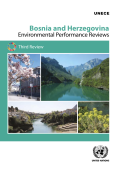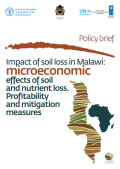
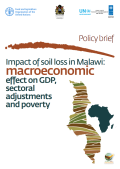
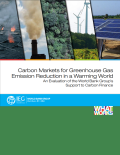
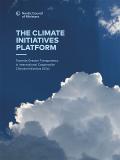
If the Paris Agreement is to be implemented successfully, it is necessary that all actors step up their actions, including non-state actors such as businesses, cities, regions, and investors. While transparency is crucial, it is still largely missing from the drive to report on current actions and scale them up. The Climate Initiatives Platform (CIP) is a vital transparency tool for international cooperative climate initiatives (ICIs). Nearly 250 initiatives, driven mainly by non-state actors, are currently displayed by the CIP. More than 50 data points for each ICI are provided. In addition, CIP has become the exclusive data provider for ICIs to the UNFCCC Global Climate Action portal, NAZCA, and CIP data are used for several climate assessments, including UN Environment’s Emissions Gap Report.
